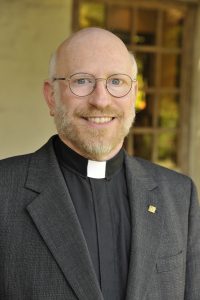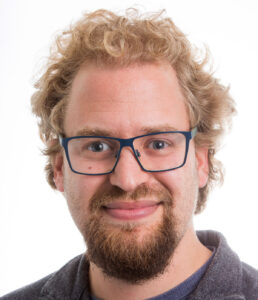The Renewal of Catholic Social Concerns in Fratelli tutti
 Thomas Massaro, S.J., is Professor of Moral Theology at Fordham University in New York City
Thomas Massaro, S.J., is Professor of Moral Theology at Fordham University in New York City
As understanding the finer points of Roman Catholic ethical doctrine can be a feat in and of itself, it is difficult to blame anyone beyond or even within the worldwide community of Catholic believers if they are somewhat mystified regarding the content and status of those documents that emanate from the Vatican and address moral issues.
The most recent teaching document bears the title Fratelli tutti—two Italian words best rendered in English as “Brothers and Sisters All.” Pope Francis formally promulgated this document, subtitled, “On Fraternity and Social Friendship,” on October 3, 2020, while visiting the Umbrian town of Assisi to mark the vigil of the memorial feast of the founder of the Franciscan order. Pope Francis affixed his signature to the document in the fitting location of the crypt chapel at the tomb of his revered namesake Saint Francis. Allow me to situate this long and complex document within the historical and doctrinal context in which it emerged, and then to offer a brief assessment of the significance of its primary messages.


